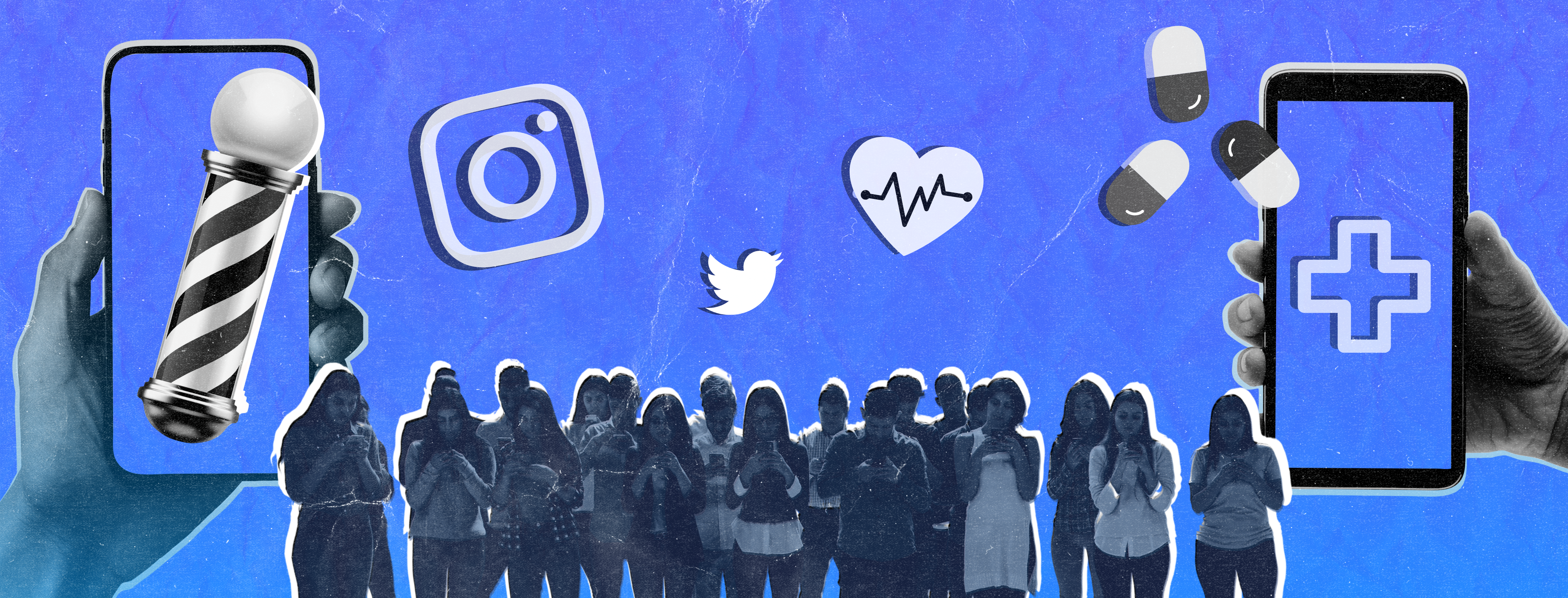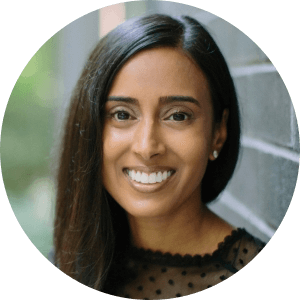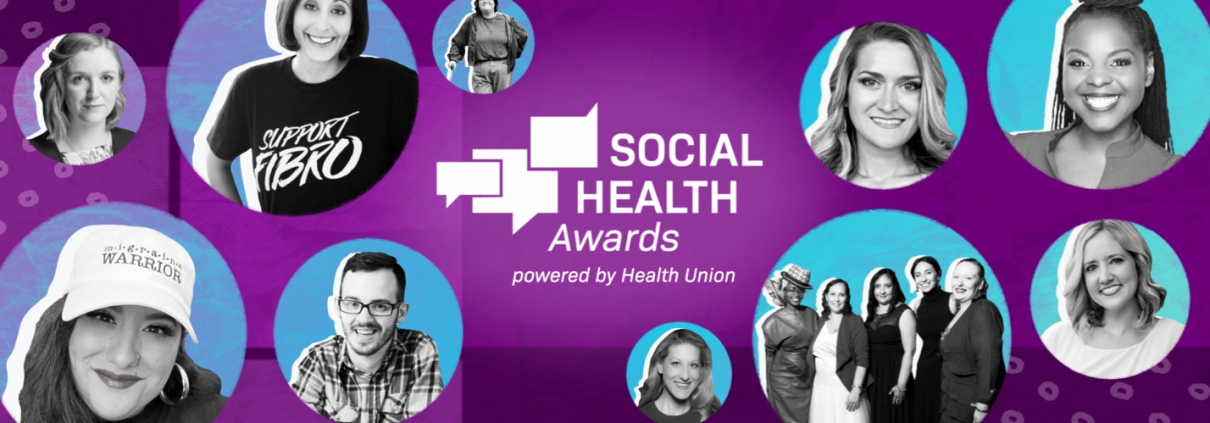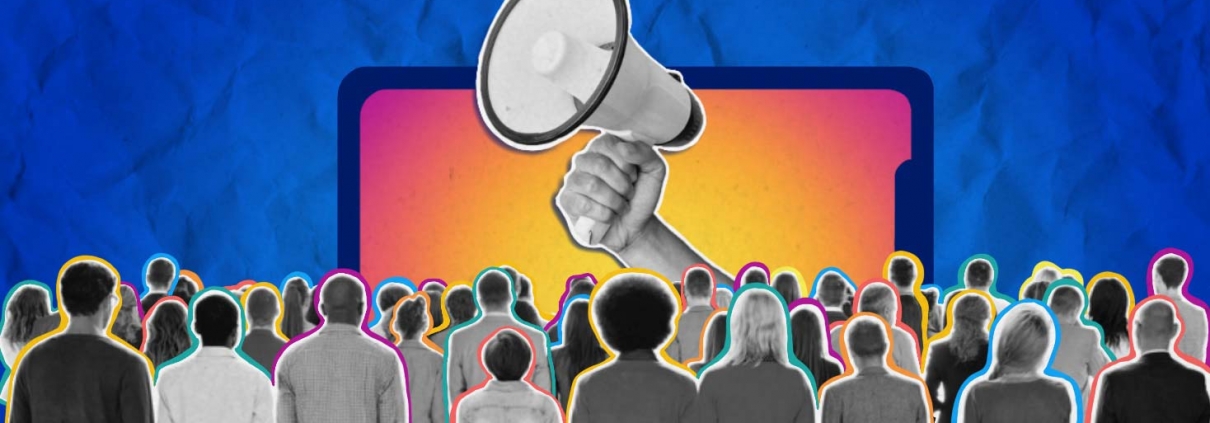We surveyed a diverse group of PLs from Health Union’s Social Health Network to better understand how they talked about pharmaceutical medications with their followers. In total, 26 in-depth interviews were conducted with PLs diagnosed with lupus, fibromyalgia, HIV, asthma, and more. When it came to best or preferred approaches for communication, three key themes emerged:
- Sharing experiential expertise with a health condition
- Staying informed of developing science
- Emphasizing guidance rather than medical advice
Experiential expertise
PLs take great pride in being “expert patients” and “well-versed in the healthcare system.” This veteran identity often drives PLs to openly share experiences in an effort to give back to their community. Many PLs feel that this prevents information or support gaps they have faced in the past.
Raising awareness, decreasing loneliness, normalizing disability, and improving quality of life were also all top goals. As a result, PL-driven relationships often outpace the level of community felt across massive celebrity followings. Although their followings may be smaller, shared goals are more personal and direct, leading to a powerful kinship.
Trusted source of knowledge
Organically, and often as an offshoot of sharing experience, PLs tend to stay abreast of current scientific trends for their disease state. When it comes to pharmaceuticals, some serve as a vehicle for directly sharing news releases while others translate results in laypeople’s terms to be consumed by a broader audience with varying levels of health literacy.
While not all participate in partnerships with for-profit brands, there is a unifying desire for credibility through perceived expert status. Being looked to as a source of knowledge, validation, and advocacy helps shape the way PLs generate content and engage with their following.
Guidance rather than advice
Common concerns about the partnership between pharmaceuticals and social media are safety and information integrity. False claims are frequent on social media and can be a barrier to its safe and accessible use. However, seasoned PLs take great care to effectively balance motivational engagement and precarious medical advice.
Expert PLs can monitor conversation and smoothly offer a cue to action without providing explicit direction. Whether it is encouraging a follower to contact their doctor or instilling a sense of self-efficacy that inspires healthy behavioral change, safe guidance can be achieved within the communities of veteran PLs.
What do these findings mean?
While patients are exchanging “lived” experiences about specific medications, including side effects and disease symptoms, PLs can engage in meaningful and responsible health education and promotion. PLs are able to uniquely connect with other patients on their disease journey while creating a safe space free of stigma and shame. This connection can facilitate self-efficacy amongst patients that leads to strong communication with their healthcare providers and better overall quality of life.
It is important to note that the PLs in this study were primarily drawn from the Social Health Network. They often have access to support resources or additional educational opportunities, and have a longer tenure being a PL. Not all PLs are equipped the same, and evidence has pointed to a plethora of misleading health information on social media. PLs like the ones interviewed set a necessary high standard for what is needed to have a safe, successful PL-patient (or PL-brand) relationship.
Ultimately, a seasoned and responsible PL can become the modern day, virtual barber, providing authentic information, community, loyalty, and access to their followers. When aligned with the right partners on social media, PLs can bridge the gap between the healthcare system and those it serves, including those who are often hardest to reach.




